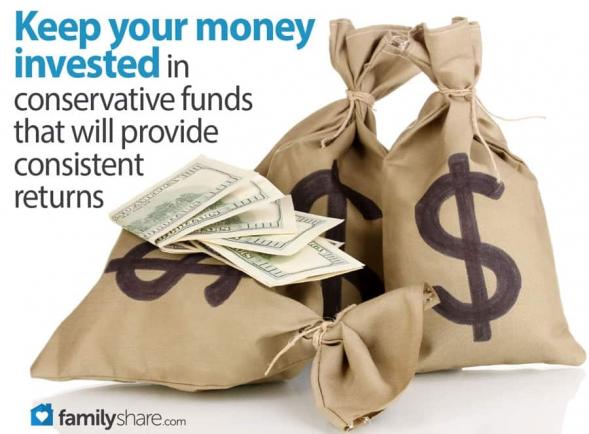
An ETF is an "Exchange Traded Fund."� Essentially it is a mutual fund that trades like a stock, allowing investors to get in or out at any point without worry about any special fees, which many mutual funds charge. Each trade in or out is subject to the same commission your broker would charge for a stock trade. Most ETFs are designed to track an index. Some brokers allow you to trade a few ETFs commission free, provided you hold the ETF's in your account long enough.
The following are tips to help you select ETFs for your portfolio:
Broad Indexes
An ETF is a great way to invest in the "broad market"� as it is often called. This refers to ETFs that track indexes that track the performance of a wide range of companies. These include the Dow Jones Industrial Average ETF (DIA), The S&P 500 ETF (SPY) and the "PowerShares QQQ Trust"� (QQQ), which tracks the Nasdaq 100 index. While it would be unwise to put all of your investments into one of these indexes, holding a small portion of your retirement savings in each makes great sense.
Bond Funds
There are a wide variety of bond funds traded as ETFs. As with mutual funds, you can choose to invest in ETFs that invest in government bonds and corporate bonds. You can also choose funds of either type with short, intermediate or long term bonds. Corporate bonds are riskier than government bonds. Municipal bonds, like corporate bonds, vary in risk. Long term bonds are riskier than short term bonds. Any bond fund has the potential to lose value, but generally they tend to be more stable in value than stock funds. Bond funds are suitable investments for both retirement savings and college savings accounts. For college funds, emphasize short and intermediate term funds.
Sector Funds
There are number of funds that focus all of their investments on stocks in a particular sector. These funds tend to be much riskier. The broad index funds provide real diversification because they invest in a variety of companies from across the economic landscape. Sector funds concentrate their bets on a single industry. All of the companies in an industry face the same economic challenges - and benefits together. Hence, these funds behave much more like individual stocks with much greater swings in value. As a general rule, these are not suitable investments.
Commodities
You can also find ETFs that will give you the opportunity to invest in commodities, like coffee or gasoline. They use a collection of complex securities and contracts that few if anyone fully understands. If you are reading this article, these funds are almost certainly not a fit investment for you. Leave them to others who think they understand the risks and the markets better. Keep your money invested in conservative funds that will provide consistent returns.
International
You can also find ETFs that provide investments in international markets, some of which focus on mature markets like Europe and others that invest in developing or "emerging"� markets in Africa, Latin America and Asia. While some advisors argue that you should have some international exposure in your portfolio, if you intend to live and die in the U.S. - even if you plan to travel abroad - you may be adding more risk to your portfolio with international investments than you're bargaining for. Proceed with caution.
Overall, ETFs should be thought of as Mutual Funds that can be accessed readily through a brokerage account. Compare the fees at your brokerage with investing in no-load (no fee) mutual funds to help you decide which is right for you.

